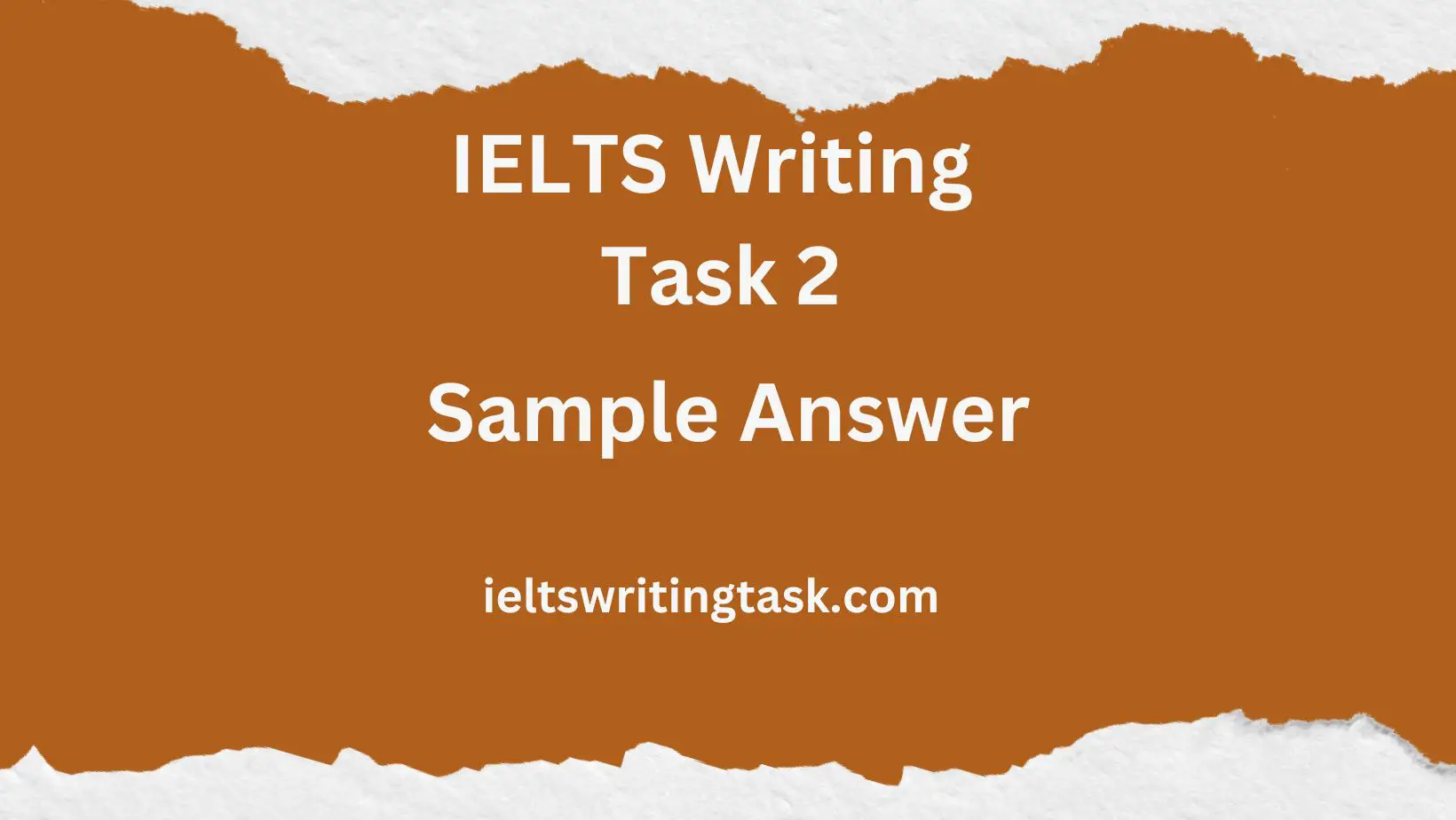It is said that “Not everything that is learned is contained in books”. Compare and contrast knowledge gained from experience with knowledge gained from books. In your opinion, which source is more important? Why?
Sample Answer:
In today’s information age, the debate over the importance of experiential knowledge versus book knowledge is more relevant than ever. While books provide a wealth of information and theoretical knowledge, experience offers practical wisdom that cannot be gained from reading alone. In my opinion, both sources of knowledge are valuable in their own right, but if I had to choose one as more important, I would lean towards experiential knowledge.
Books are undoubtedly a valuable source of knowledge. They contain centuries of accumulated wisdom, research, and insights from experts in various fields. By reading books, individuals can gain a broad understanding of a subject, learn new skills, and expand their worldview. However, book knowledge is often theoretical and lacks the real-world application that experience provides. For example, a person may read countless books on swimming techniques, but without actually getting into the water and practicing, they will never truly learn how to swim.
On the other hand, experiential knowledge is gained through firsthand experience and practical application. This type of knowledge is often acquired through trial and error, making mistakes, and learning from them. It allows individuals to develop critical thinking skills, problem-solving abilities, and a deeper understanding of the subject matter. For instance, a chef may have read numerous cookbooks, but it is only through years of experience in the kitchen that they truly master the art of cooking.
While both sources of knowledge are valuable, I believe that experiential knowledge holds greater importance. Experience provides a deeper level of understanding and insight that cannot be obtained from books alone. It allows individuals to develop practical skills, adapt to real-world situations, and innovate in their respective fields. Moreover, experiential knowledge is often the driving force behind progress and innovation in society.
In conclusion, while books offer a wealth of information and theoretical knowledge, experiential knowledge is indispensable for gaining practical wisdom and real-world skills. Both sources of knowledge complement each other, but in the grand scheme of things, experience holds greater importance in shaping individuals into well-rounded and capable individuals.
More Writing Task 2 Sample Essay
